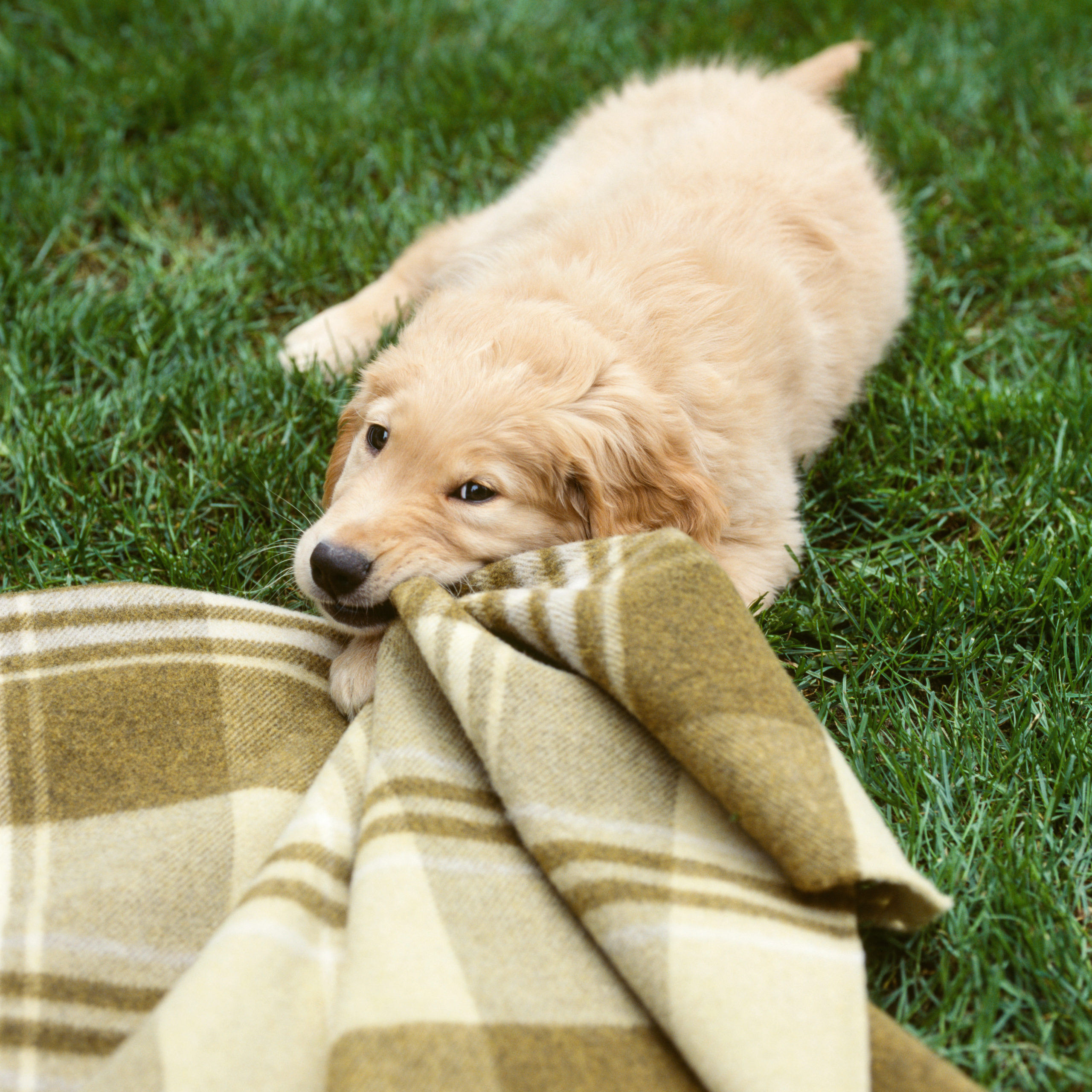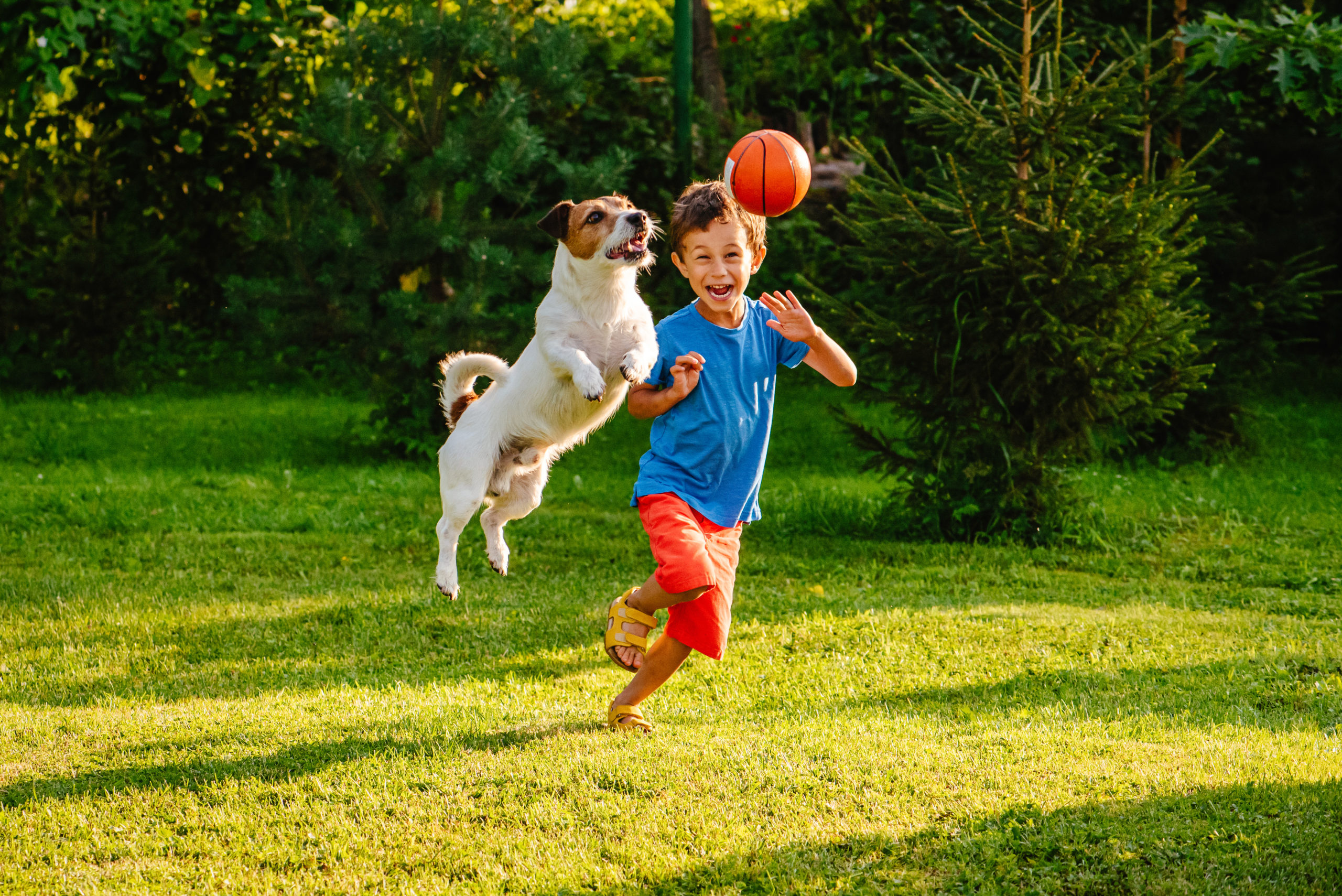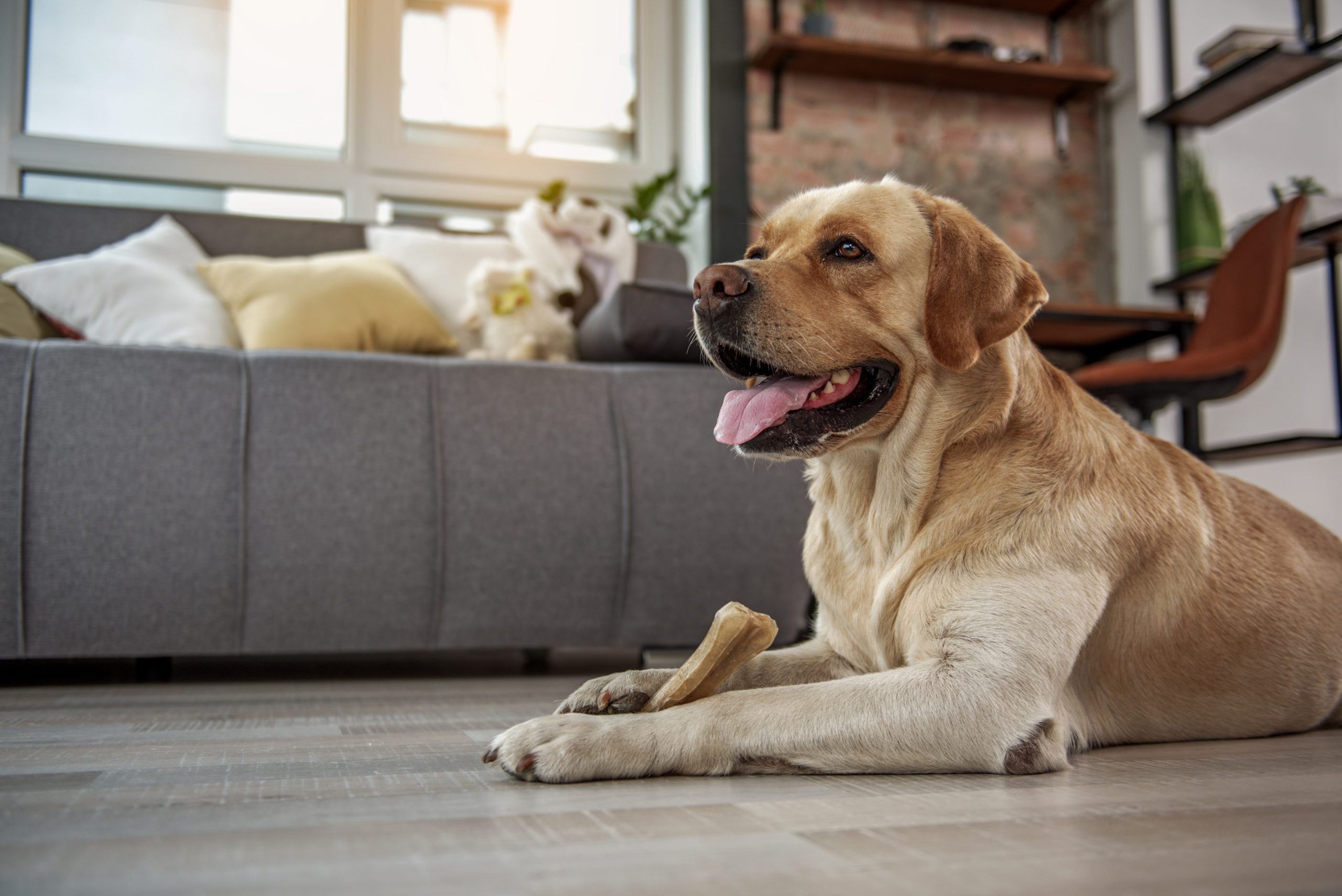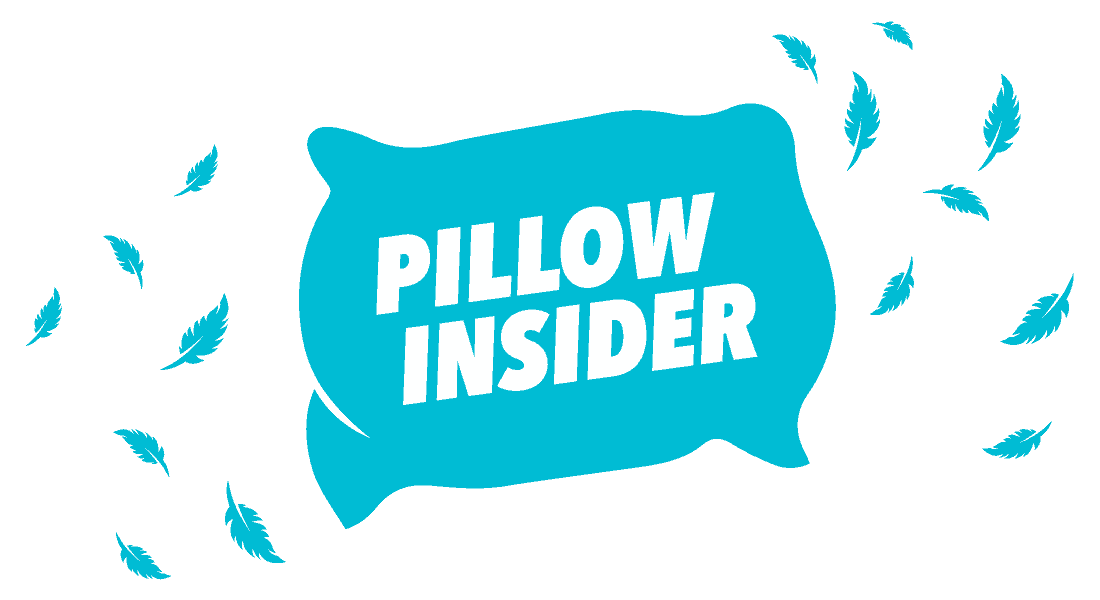We love our dogs, quirks and all, and sometimes they do things that make you wish they could speak to explain to you. A common example of this is when you find yourself asking why does my dog nibble on blankets? There are various reasons for this behavior and it’s your job to find out what’s driving your dog’s actions.
Blanket nibbling is, for the most part, a natural behavior. Dogs chew for various reasons including frustration, nervousness and hunger. In this article, we’ll spill the top reasons why dogs nibble on blankets and some tips to prevent this behavior
Reasons Why Dogs Like to Chew on Blankets
Here are five common reasons why your dog nibbles on blankets.

Natural Instinct
Dogs are canines and nibbling is one of their natural instincts. As pack animals, dogs will play and communicate by nipping each other. Even if they’ve been kept as pets, they’ll still show their natural instincts to hunt.
Blankets provide dogs a comparable sensation to their prey’s fur, so they nibble on them. As a result, most pet dogs chew on your nice pillows and blankets as a regular part of their natural behavior.
Teething
The teething process for puppies can be excruciating. As a result, they’ll chew on your blankets to relieve the pain in their sore gums.
Permanent teeth will begin to appear once your puppy is around six to seven months old. You can expect them to chew on various items during this time.
Suppose nibbling continues for an extended period and you find it difficult to regulate or stop it. In that case, it might have developed into compulsive nibbling, something that’ll require professional assistance.
Stress and Boredom
Nibbling is a simple, repetitive motion that a dog can easily perform. When a dog is stressed or bored (which can be pretty often, especially if they’re caged or chained), it craves the pleasurable action of nibbling to relieve tension.
Since these puppies have limited entertainment options, they will take advantage of any opportunity to nibble on things. They chew and nibble on blankets in an attempt to self-regulate.
Pacing, a decreased appetite, continual licking or yawning, whining, howling or an increase in sleep are other signs that your dog is stressed.
Hunger
Sure, your dog seems to be enjoying the food you serve, but nibbling can indicate a nutritional or calorie deficiency in your dog’s diet. Hair loss, changes in feces and poor energy levels can also signify nutritional deficiency in your furry friend.
It’s critical to meet your dog’s daily nutritional requirements to keep him or her healthy. If you find your puppy lazy, less engaged in training or spending a lot of time sitting around, they may be deficient in calories. Hungry dogs nibble because it’s their instinct to find food.
Pain
Dogs will nibble on blankets when in pain and this includes physical illness. If your dog keeps nibbling on the blanket, we recommend taking him to the vet for an examination and possible medication.
Some dogs suffer from allergies and chew on blankets to alleviate their discomfort. Similarly, an injury may prompt your dog to seek comfort by nibbling on blankets. Some dogs chew on blankets when in pain from arthritis or toothaches.
Ways to Prevent Your Dog from Nibbling
Nibbling is typical behavior in dogs and no matter how badly you want to stop it, sometimes you can’t. That said, you can avoid excessive chewing and resort to these alternatives to keep your blankets in one piece and away from your dog’s teeth.
Give Your Dog Something Else to Nibble On
Chew toys and bones are the best way to keep your dog away from your blankets. Giving your puppy something to occupy themselves with will help, especially if they appear to be teething. Regardless of why your dog is fixated on the blanket, they’ll happily bite and nibble on the chew toys to satiate their instincts.
Redirect Their Attention

The next option is to divert your dog’s attention whenever he or she starts (or is about to start) nibbling on your blanket. Give your dog more play time and cognitive exercises to keep them from being bored.
Allow them to run off-leash, mingle with other dogs, play tug-of-war, or partake in dog-training activities daily. You can also put the blanket aside and keep it out of your pet’s reach, gradually breaking this habit.
Limit Reasons for Boredom and Stress
Look at ways to eliminate the possible causes of your dog’s anxiety. Make sure the environment is calm and quiet and that there’s enough space for your puppy to lay down and be themselves. Be a true parent and spend quality time with your pet if you want them to be happier and more obedient.
Offer a Tasty Treat in Return for What’s in Their Mouths

Giving tasty chews or treats is another effective technique to encourage dogs to quit chewing on inappropriate household items. This is also your chance to familiarize them with directions like “drop it” — a signal that it’s time to switch what they’re nibbling on for something more delicious. That said, try to avoid yelling at or punishing your dog as positive reinforcement is more effective.
Do Not Allow Your Dog to Have Blankets
If your dog has chewed holes in any or most of your favorite blankets, the first “drastic” measure you can take is to move the blankets to a new location.
We understand you want to teach your dog not to nibble on blankets or increase the number of chewing options accessible to your dog, but some time away from blankets will do a world of good for your dog’s nibbling if they’re just not catching on (not to mention reducing the time you spend removing stubborn dog hair from your blankets…)
Bottom Line
Dogs chew on blankets for various reasons — it could be for comfort (when they’re lonely or in pain), to satisfy their chewing impulses or just to kill time. We hope you can now stop asking yourself, “Why does my dog nibble on blankets?” and try out some of these solutions.
Nibbling is not inherently harmful and you can easily prevent it by distracting your dog’s focus or regular training. Just make sure to keep an eye out for anxiety or health issues that might lead to your dog’s excessive nibbling.
